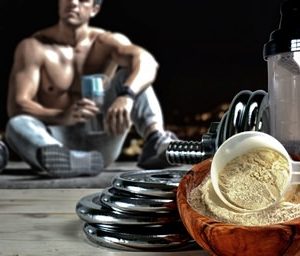Detrimental Effects of Alcohol to Muscle Fibers & Athletic Performance
Alcohol Diminishes Athletic Performance
Recent scientific research confirms that just an occasional weekend alcohol binge can significantly reduce muscle fibers and diminish those athletic performance results you’ve trained so hard for at the gym. Before the liver cells die, the body undergoes hormonal alterations that include an increase in adrenal secretion of steroid hormones.
This adds a profound effect on your glucose levels, bone mass and muscle metabolism. This explains myopathy, a muscular disease that is a typical consequence of alcohol consumption and why alcoholics typically have limbs with out any muscle.
Alcohol has detrimental effects on a multitude of physiological levels and causes an alteration of muscle fibers for athletic performance. Scientists have concluded that 24 hr after a weekend binge, the “fast twitch” muscle fibers, developed during weight training, are most susceptible in reduction of basal protein synthesis by 15% to 20%. and for 72 h -30%-60%!
Alcohol Freezes Muscle Growth
Alcohol increases myostatin and temporally freezes muscle growth (muscle hypertrophy) by cancelling out the anabolic and catabolic effects of insulin. Alcohol reduces the androgen ratio in men and women, it impairs strength, particularly with intense interval training and recovery (post workout glycogen re-synthesis) .
Effects Alcohol Causes on Athletic Performance
While fighting that hangover, the body will go through an opposite trend in muscle hypertrophy achievement and overall athletic performance. Fitness professionals are advised to inform athletes and clients on the implications and possible effects alcohol can cause on athletic performance.
When training for athletic performance it is imperative your body be ready to achieve top performance levels. Leave alcohol out of your activities entirely until after an important event, this will ensure your body is ready for physical stress and reduces any risk of injuries.
Source: Nutrition & Metabolism (Bianco. 2014) owww.ncbi.nlm.nih.gov/pmc/articles/PMC4056249/
-
 Sports Performance and Fitness Nutrition$2,094.75 – $3,144.75
Sports Performance and Fitness Nutrition$2,094.75 – $3,144.75

